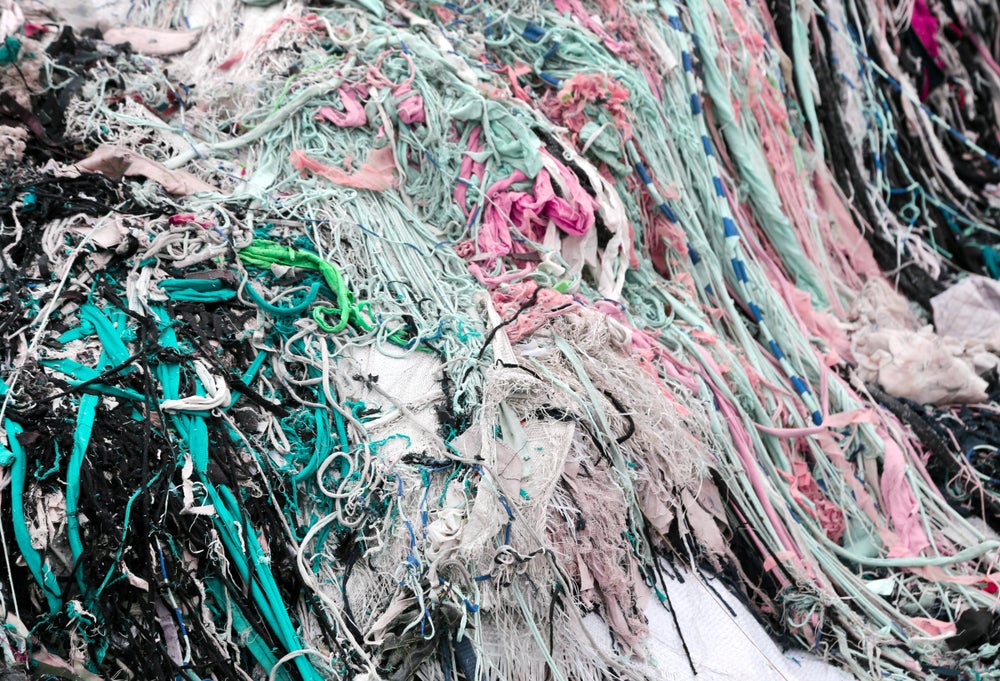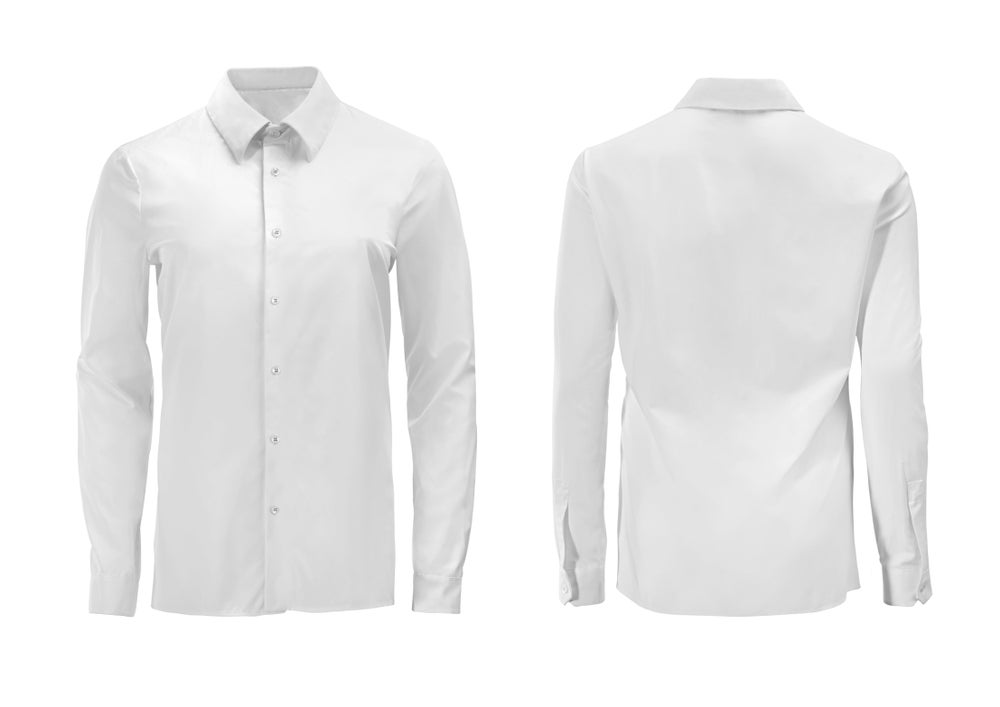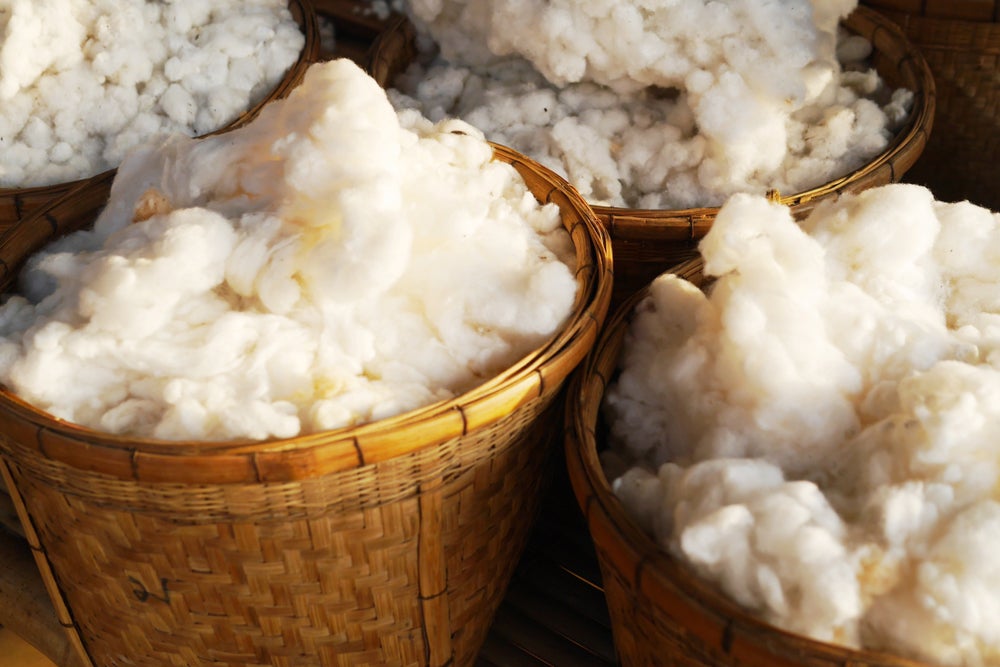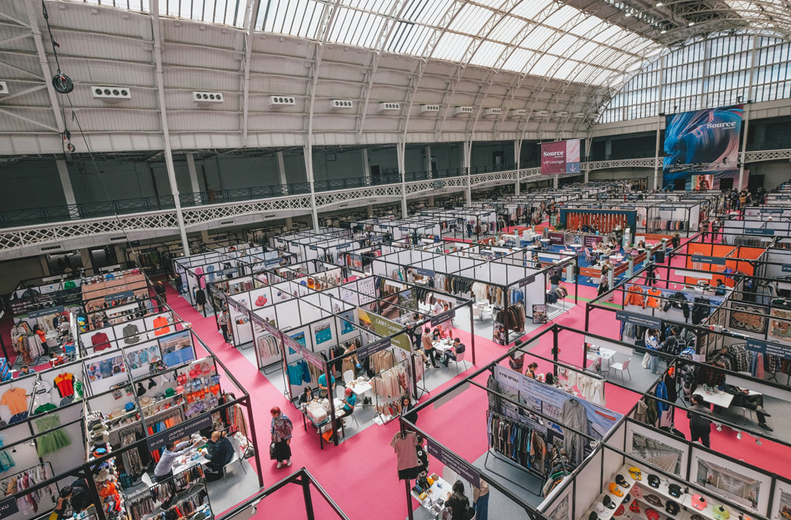The ultimate objective is to foster a robust and socially responsible domestic recycling industry, providing brands with the opportunity to establish circular value cycles with their supply network in India.
To foster circular value chains with their supply partners in India, RR and IDH are extending an invitation to brands interested in becoming a part of the initiative's upcoming launch event.
Throughout the collaboration's duration, IDH will provide subsidies to brands to facilitate the integration of their supply chains and offer training in textile waste segregation.
The goal is to onboard 520 manufacturing facilities, 65 recyclers, and waste handlers on the RR platform, involving around 3,500 factory workers. The goal is to trace around 50,000 metric tonnes of segregated waste from its source to recycling facilities by the year 2025.
Both companies believe India's textile recycling industry holds untapped potential for scaling recycling efforts and enhancing the quality and commercial viability of textile-to-textile recycled products within the country.
They claim that while premium recyclers are actively in search of high-quality feedstock, a significant portion of valuable textile waste is still being directed towards low-value use cases and they add that brands often lack insight into the final destination of their textile waste.
They add that informal waste handling poses a hurdle to transparent T2T recycling and it is a crucial link in the supply chain but also where significant textile waste leakage happens.
To transition to circular value cycles, the companies relay that formalising and enforcing compliance in the sector are crucial.
Jagjeet Singh Kandal, IDH's country director in India highlighted the significance of this collaboration within IDH's Alternate Materials Accelerator Programme and said: “Through RR's innovative platform, we are mobilising new technologies into the supply chain, thereby improving transparency, traceability and efficiency, while driving recycling.
“We are also actively engaging with brands, supply chains, and government bodies to foster industry-wide transformation and a sustainable future for India's fashion and textile sector."
Ann Runnel, the CEO and founder of Reverse Resources (RR) added: “Circular economy, with its systemic complexity, cannot be scaled up without a data-driven approach to manage textile waste as the strategic feedstock for the industry in the near future.
“This project is not only about scaling up textile-to-textile recycling. It is also about creating a backbone for the fashion and textile industry to plan, develop and verify the textile fibre flows through the circular system of the industry.”















